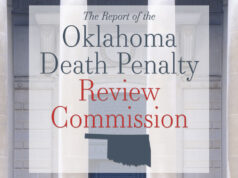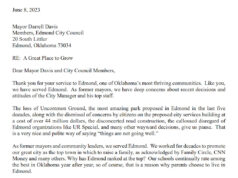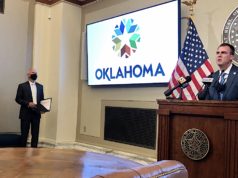
To the editors:
For purposes of debate, it might be helpful if Brian Beuchaw read the actual language of the bill rather than Sen. Elizabeth Warren’s (D-Mass.) talking points.
Contrary to the assertions made in Beuchaw’s March 17 letter:
- S. 2155 does NOT exempt 25 of the nation’s largest banks from regulatory stress tests (the “stricter Dodd-Frank rules”, to which he makes reference);
- Instead, it requires the Fed to “tailor” new rules based on several risk-related factors for all larger banks, including “… capital structure, riskiness, complexity, financial activities (including financial activities of subsidiaries), size, and any other (risk factor) that the Board of Governors deems appropriate.”
The shibboleth that “big banks” are bound to fail and taxpayers will have to “bail them out” is used by opponents of reform to create fear. It ignores the reality that “bailout” money for banks to stabilize the nation’s economy in 2008 has been repaid in full, according to former President Barack Obama (see video above). The Treasury even made money on the deal, according to ProPublica’s Paul Kiel, who author’s that nonprofit’s Bailout Tracker.
In his letter, Beuchaw claims that smaller banks (like most of the banks in Oklahoma) would be exempt from Home Mortgage Disclosure Act’s data-collection requirements under this bill. That’s not true, either, and his conclusion (small bank abuses will be concentrated in poor [minority] neighborhoods) is baseless. It’s clear he has no understanding of how community banks work.
Finally, he implies it’s wrong for custodial banks to get a break from calculating the supplementary leverage ratio (SLR) created by the Basel Committee on Banking Supervision, making them less safe. The purpose of holding capital is to guard against the risk of unexpected loss from assets that actually bear some risk of non-repayment, like subprime auto loans.
Here we’re talking about riskless funds deposited with central banks, like the Federal Reserve. Custodial deposits generally carry a zero-percent risk weight. It’s difficult for any reasonable observer to justify holding capital against riskless assets, like cash.
Sen. Warren and others seem to believe Dodd-Frank was carved in granite tablets. It was not. S. 2155 will help millions of Americans gain access to the credit they have been denied for eight years.
Roger M. Beverage
President & CEO, Oklahoma Bankers Association
Oklahoma City
(Editor’s Note: As a responsible public forum, NonDoc runs Letters to the Editors between 300 words and 400 words and reserves the right to edit lightly for length, style and grammar. We value a diverse set of voices discussions issues from different perspectives. To submit a letter for publication, please write to letters@nondoc.com.)




















